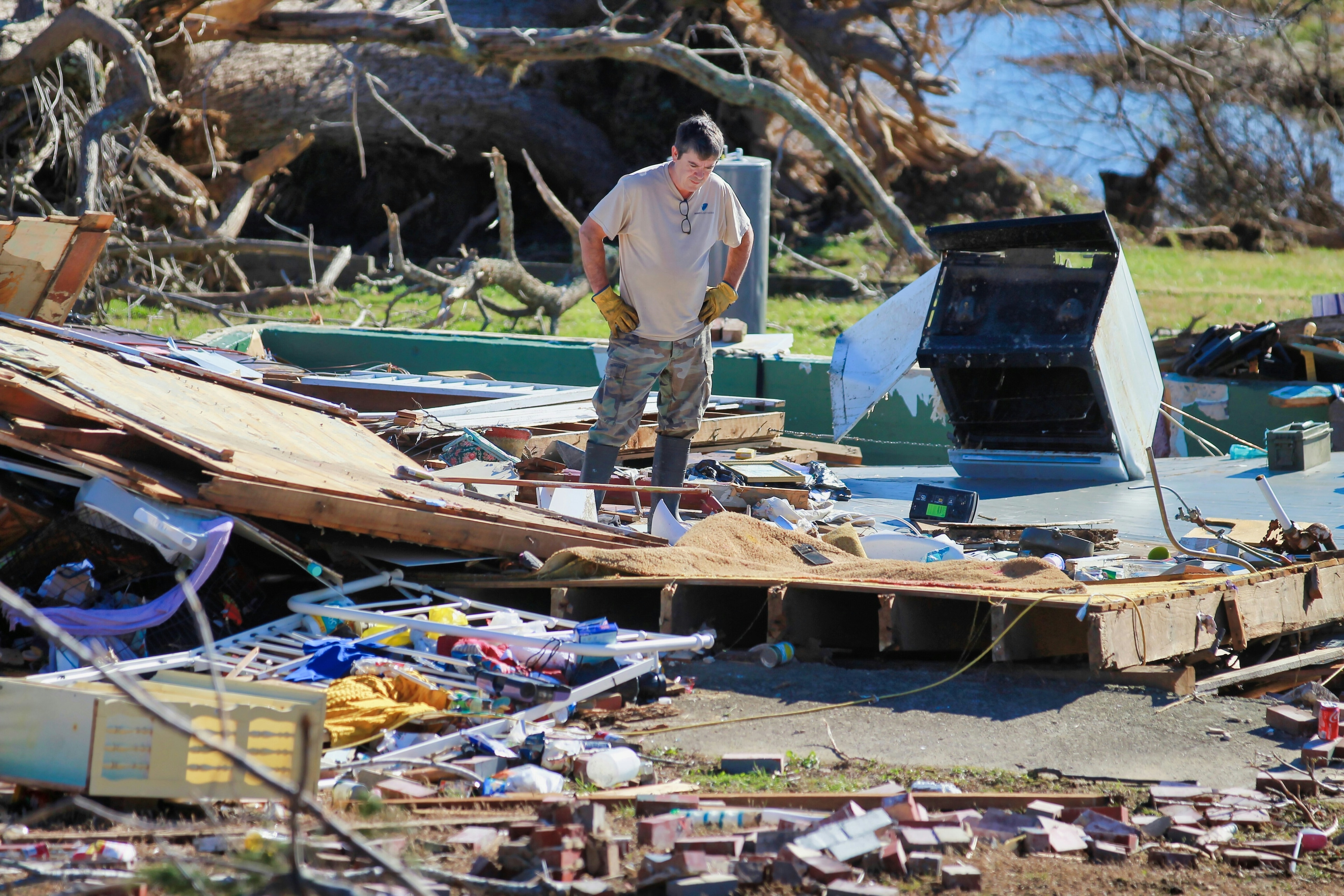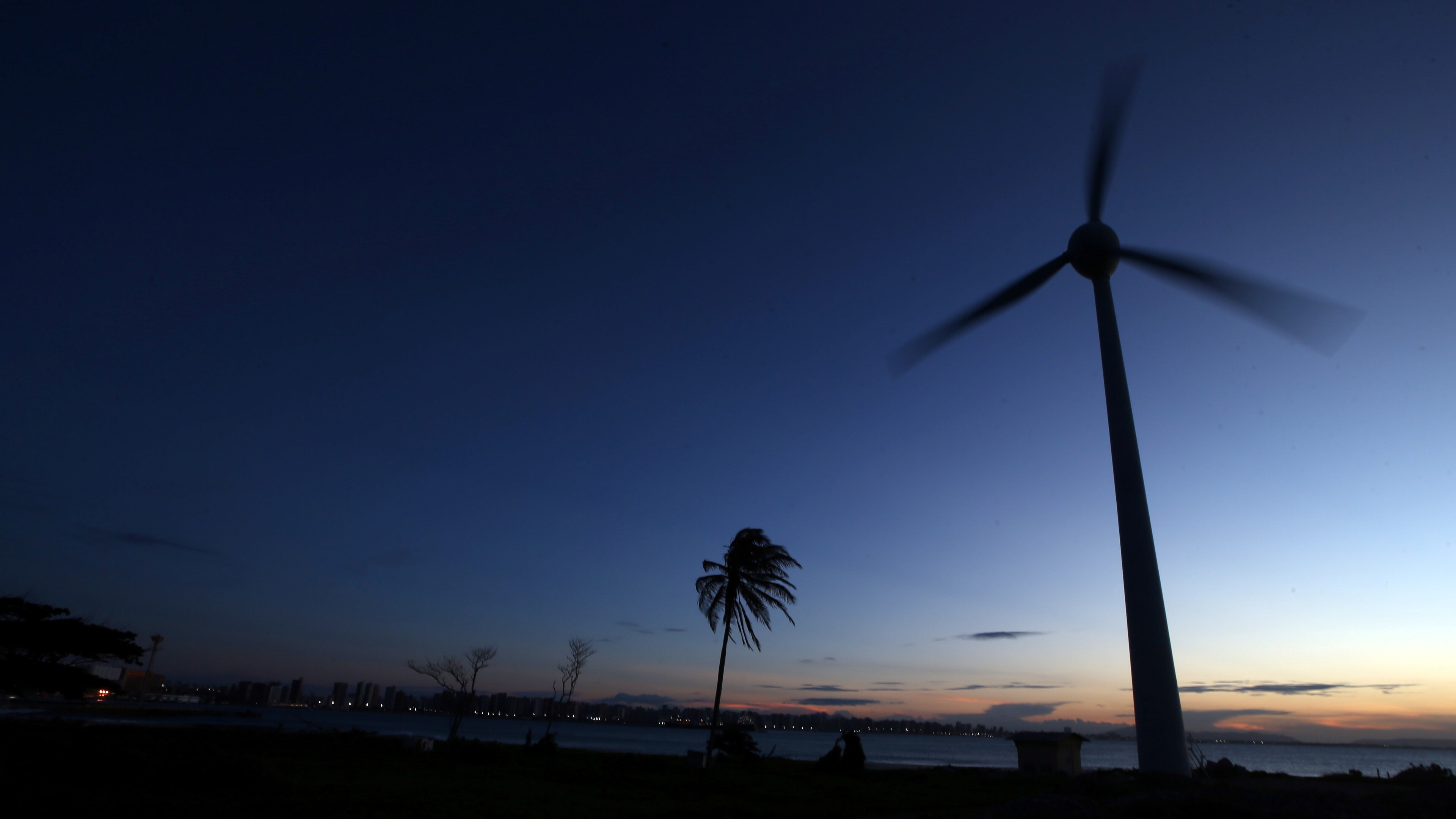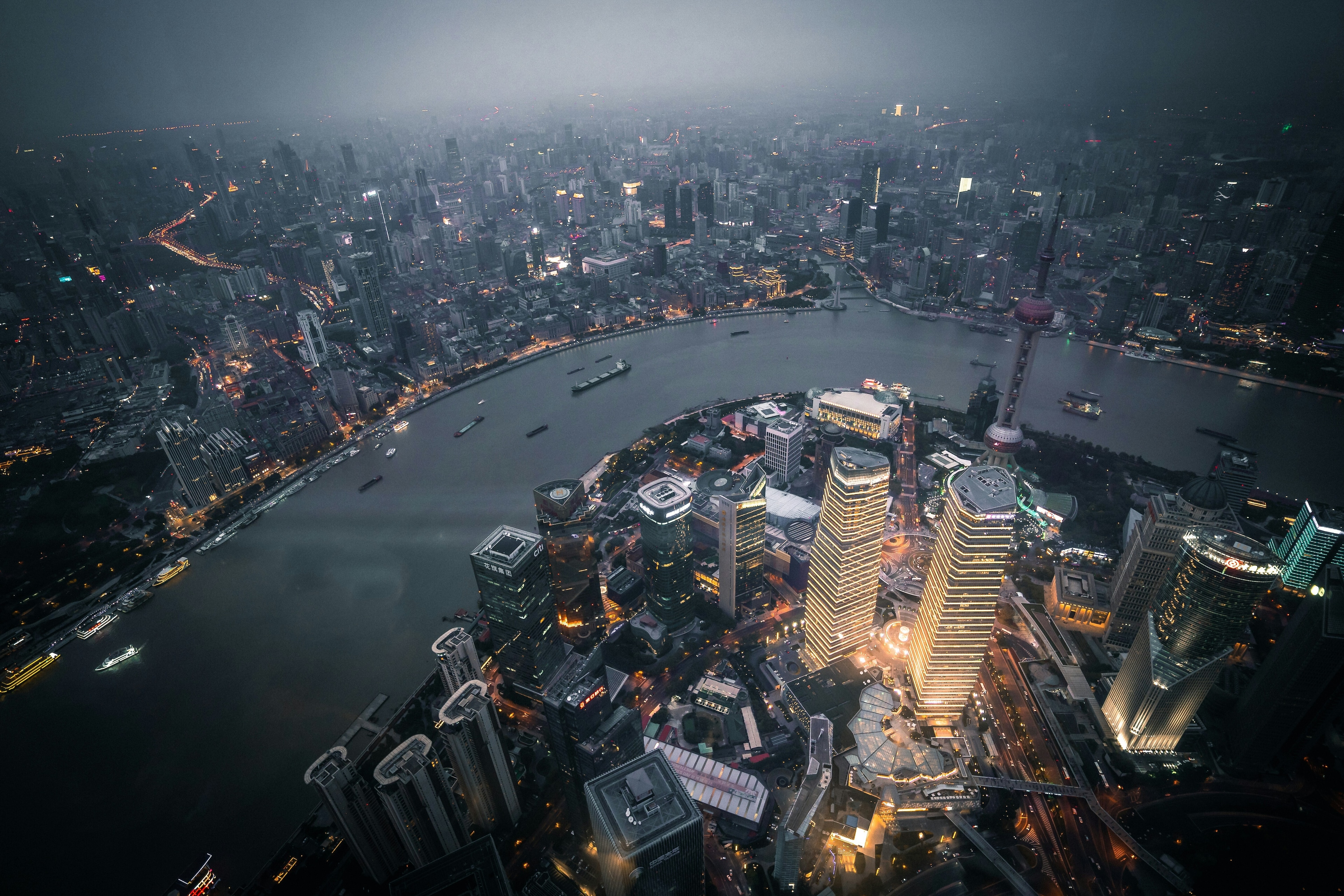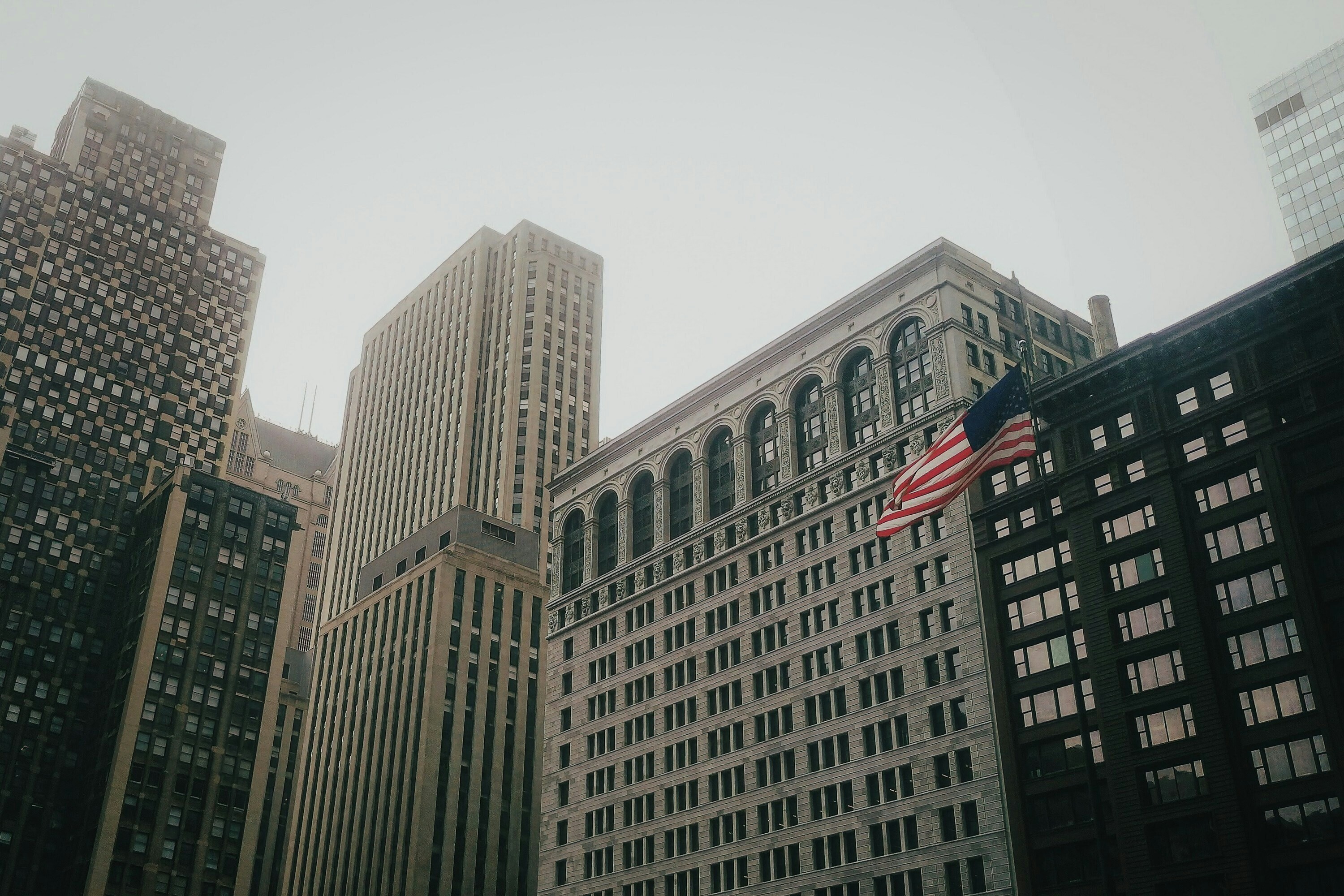This is what US economists see as 2019's biggest threat
A trade war between the US and China could harm the global economy.
Image: REUTERS/Bryan R Smith
Stay up to date:
United States
- President Donald Trump's trade war with China was the top 2019 concern cited recently by US economists.
- Eighty-five percent of economists surveyed by The Wall Street Journal also said risks for the US economy were tilted toward the downside, the most in at least three years.
- Only four economists agreed with Trump's suggestion that the Federal Reserve was the biggest threat to the economy.
Some of the US's top economists are the most worried they've been in years about the country's economy.
According to The Wall Street Journal's monthly survey of economists, about 85% of those surveyed said the risks for the US economy were tilting to the downside — the most since at least the start of 2015.
And their biggest fear? President Donald Trump's trade war with China:
- Overall, 47.3% of the economists surveyed cited the back-and-forth tariff fight between the US and China as the top threat to the economy in 2019, the highest percentage of any single threat.
- 20% cited financial-market disruptions as the largest threat.
- 12.7% pointed to a slowdown in business investment.
The recent spate of trade fears has been blamed for both the sell-off in US stock markets and businesses' slowing of capital expenditures.
Meanwhile, economists don't agree with Trump's claim that the Federal Reserve's recent interest-rate hikes are the biggest threat to the economy. Only 7.3% of the economists surveyed — four out of the 60 respondents — cited the Fed as their top fear. Fed rate hikes actually came in fifth on the list of risks, as 9% of those surveyed cited slowing global growth as their top concern.
The Journal survey seems to align with what major economists on Wall Street have forecast for the year ahead. Economists at JPMorgan, Bank of America Merrill Lynch, and Goldman Sachs agreed that US gross domestic product growth would slow in the second half of 2019, and they say the trade war could make such an economic slowdown even worse.
While none of the Wall Street banks predicted a recession, they also suggested the economic risks were firmly titled toward the downside.
The US and China have imposed tariffs on $360 billion worth of goods flowing between the two countries: The US slapped tariffs on $250 billion of Chinese goods, and China responded with duties on $110 billion worth of US goods.
While the two sides have shown signs of agreement, the tariffs are still in place, and the negotiations are fraught with potential pitfalls.
The fear is that keeping existing tariffs in place for a longer period of time, increasing those tariff rates, and imposing new tariffs will drive up prices of imported goods for US consumers and businesses. This would slow investment and consumer spending, harming GDP growth.
While signs of consumer inflation from the tariffs has been limited to a few items, businesses are already reporting cost pressures and disruptions from the trade war. And the longer Trump's fight with China continues, the more likely it starts to reach the average American consumer.
Don't miss any update on this topic
Create a free account and access your personalized content collection with our latest publications and analyses.
License and Republishing
World Economic Forum articles may be republished in accordance with the Creative Commons Attribution-NonCommercial-NoDerivatives 4.0 International Public License, and in accordance with our Terms of Use.
The views expressed in this article are those of the author alone and not the World Economic Forum.
Related topics:
Forum Stories newsletter
Bringing you weekly curated insights and analysis on the global issues that matter.
More on Geo-Economics and PoliticsSee all
Emily Bayley
August 28, 2025
Spencer Feingold
August 18, 2025
Piyush Verma
August 18, 2025
Kate Whiting
August 5, 2025
Spencer Feingold
July 30, 2025
Matt Watters
July 29, 2025





